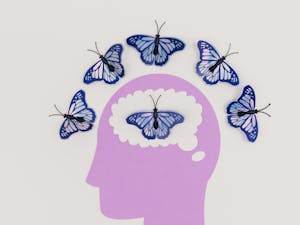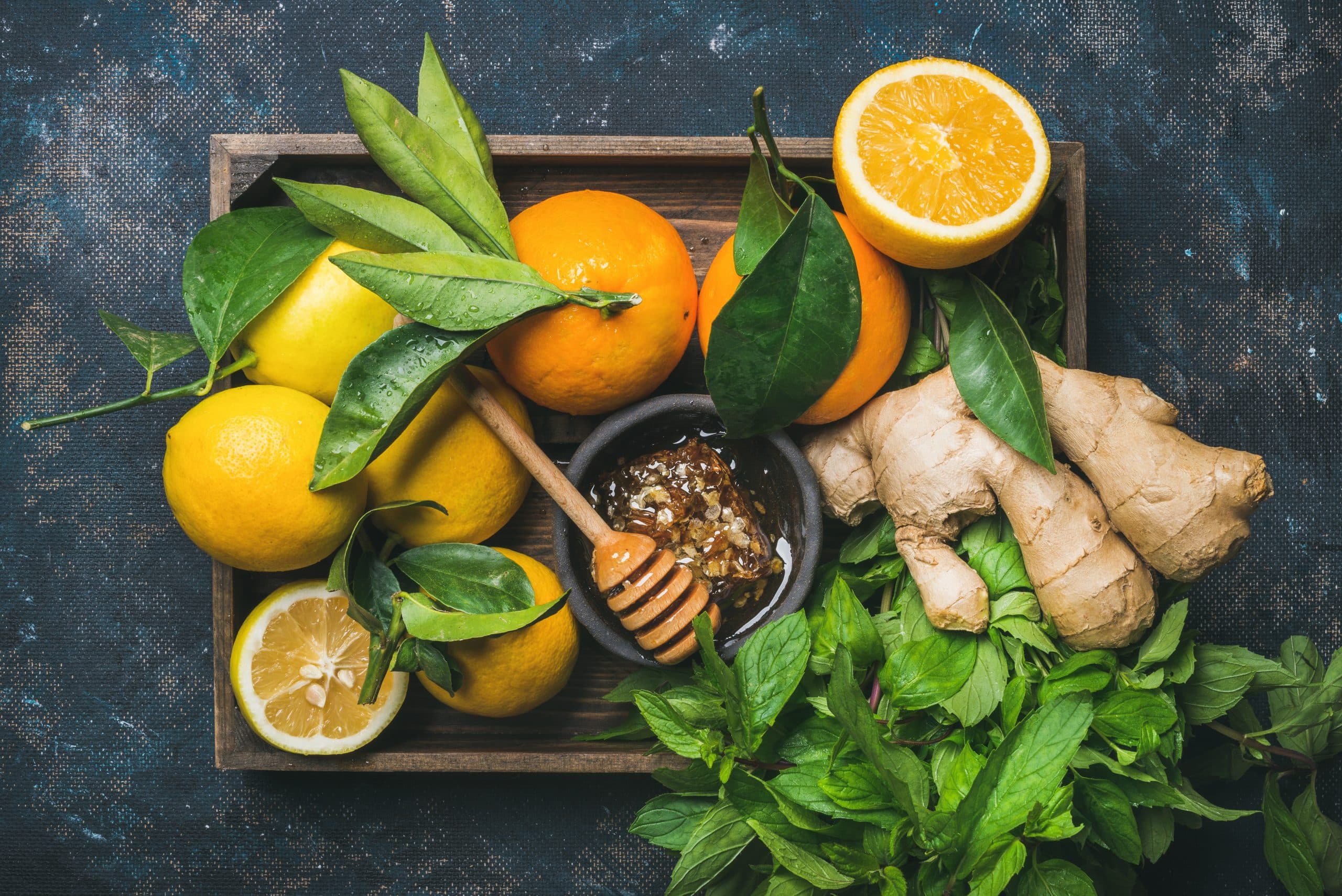Iron is an essential mineral that plays a fundamental role in maintaining optimal health. Your body uses iron to produce hemoglobin, a protein found in red blood cells that enables them to transport oxygen from the lungs to the rest of the body. If you’re not getting enough iron, your body can’t create enough healthy oxygen-carrying red blood cells, leading to iron deficiency anemia, a condition characterized by fatigue, paleness, and shortness of breath.
The Importance of Iron in Your Body
The role of iron in heme synthesis is critical. Heme refers to the iron-containing compound that gives red blood cells their color. Inadequate iron levels often lead to a decrease in red blood cell production, causing anemia.
Topic to read : The secrets of an anti-aging diet
Iron is also involved in supporting your immune system, metabolizing proteins, and regulating body temperature. If you’re experiencing persistent fatigue, weakness, or difficulty concentrating, you might be dealing with iron deficiency.
Detecting Iron Deficiency
Iron deficiency is the most common nutritional deficiency worldwide and can occur in anyone. People at high risk include pregnant women, people with poor diets, those who donate blood frequently, and individuals with certain medical conditions.
This might interest you : What are the health benefits of regular stretching?
To diagnose iron deficiency anemia, your healthcare provider will typically conduct a physical exam and ask about your symptoms. They may also order blood tests to check your hemoglobin and hematocrit levels, and other tests to determine the cause of your anemia, if necessary.
Iron-Rich Foods to Include in Your Diet
One of the easiest ways to boost your iron levels naturally is by making mindful dietary choices. Including iron-rich foods in your diet can make a significant difference in your health and well-being.
Foods high in iron fall into two categories: heme and non-heme iron. Heme iron is found in animal products like red meats, fish, and poultry. Your body absorbs heme iron more efficiently than non-heme iron. Non-heme iron, on the other hand, is found in plant-based foods like legumes, grains, seeds, and leafy green vegetables.
Interestingly, pairing non-heme iron foods with vitamin C-rich foods can enhance iron absorption. So, consider having a glass of citrus fruit juice with your meal or adding fresh fruits and vegetables that are high in vitamin C to your diet.
Supplements to Increase Iron Levels
If dietary changes aren’t enough to correct an iron deficiency, your healthcare provider might recommend iron supplements. Oral iron supplements can effectively increase hemoglobin levels, and are usually taken over several months to replenish iron stores in the body.
However, these supplements should be taken under a healthcare provider’s advice, as excessive iron can be harmful and cause side effects like constipation, nausea, and stomach pain. If you’ve been diagnosed with iron deficiency anemia, your healthcare provider will recommend a specific dose based on your iron levels, overall health, and other factors.
Lifestyle Changes for Better Iron Absorption
Beyond diet and supplements, certain lifestyle changes can also help improve your body’s ability to absorb iron. For instance, drinking tea or coffee immediately after a meal can inhibit iron absorption, as these beverages contain compounds called polyphenols.
Also, certain medications, like antacids and certain antibiotics, can interfere with iron absorption. If you’re on any such medication, talk with your healthcare provider about the best time to take them to not interrupt iron absorption.
In summary, iron is a critical nutrient for your health and well-being. Ensuring that you’re getting enough iron, either through diet, supplements, or both, can help prevent iron deficiency anemia and its related health complications. If you suspect you might have an iron deficiency, it’s essential to seek medical advice to get an accurate diagnosis and appropriate treatment.
Exercising and Hydrating for Effective Iron Absorption
An area often overlooked when looking to increase iron levels is the impact of exercise and hydration on iron absorption. Physical activities stimulate the production of red blood cells, resulting in increased iron needs. Regular exercise, therefore, may boost your body’s demand for iron and aid in its absorption.
Engaging in a regular exercise routine doesn’t have to be strenuous. Simple aerobic exercises like walking, swimming, or cycling can effectively stimulate red blood cell production. Strength training activities such as weightlifting can also be beneficial, as they can help increase your muscle mass, which in turn can boost your body’s iron stores.
Hydration also plays a crucial role in maintaining optimal iron levels. Water assists in the transportation of iron within the bloodstream to different body cells where it’s needed. Dehydration can lead to the thickening of the blood, making it harder for iron and other nutrients to move around the body effectively.
There is also some evidence that drinking plenty of water can help alleviate some symptoms of iron deficiency anemia. For example, a well-hydrated body can better combat fatigue, one of the key symptoms of iron deficiency. Therefore, ensure you are drinking enough water daily to support iron absorption and overall health.
The Final Word: Balance is Key
In conclusion, maintaining healthy iron levels in your body is essential for your overall well-being. Iron deficiency can lead to various health issues, including fatigue, weakness, and immune system dysfunction. Therefore, it’s important to monitor your iron intake and take steps to increase your iron levels should they be found to be low.
Including iron-rich foods in your diet, taking iron supplements as recommended by your doctor, making lifestyle changes, and engaging in regular exercise can all help increase your iron levels. Remember to also stay well-hydrated to assist in iron absorption and transportation.
If you suspect you’re dealing with iron deficiency, don’t hesitate to seek medical advice. Your healthcare provider can diagnose your condition accurately and guide you on the right path to restoring your iron levels to normal. This might include dietary changes, iron supplements, or other treatments based on your individual needs and health condition.
Ultimately, balance is key. While iron is crucial to your health, too much can be harmful. It’s about finding the right balance to ensure your body has enough iron to function optimally, without having too much that could lead to other health complications. Always follow your doctor’s advice when it comes to managing your iron levels.
Remember, boosting your iron levels is not just about taking more iron, but also ensuring your body can properly absorb and utilize the iron it receives. So, make sure you’re not only focusing on getting more iron into your diet but also on ways to improve your body’s iron absorption.











